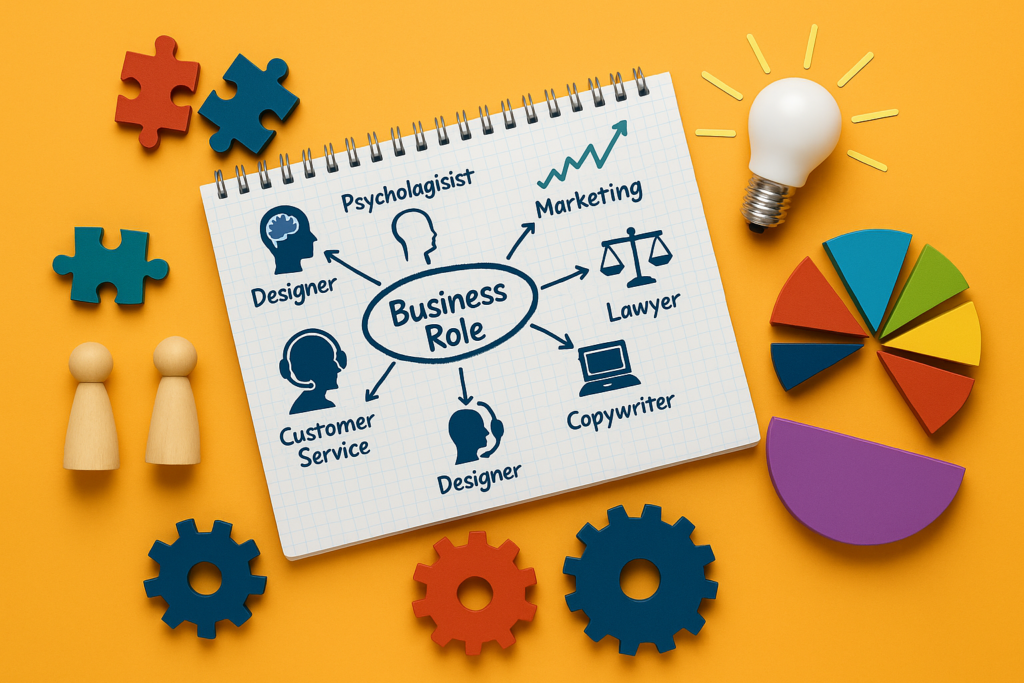Choosing the right school for your child is one of the most important decisions you will ever make. Today, many parents are no longer looking at academic scores alone but also at how well a school prepares students for the real world. Experiential Learning is one approach that bridges the gap between academic theory and practical knowledge.
Verified Campus helps parents in Dehradun identify schools that prioritize holistic development through modern teaching approaches like experiential learning. These methods include hands-on learning, activity-based education, and project-based learning, which all contribute to improving a child’s performance, motivation, and real-life readiness.
What is Experiential Learning?
Experiential learning is an educational approach where students gain knowledge and skills through direct experiences. Instead of only listening to lectures or reading textbooks, students participate in real-life tasks that require critical thinking and problem-solving. This approach promotes active engagement, which improves understanding and memory retention.
Whether it’s conducting science experiments, managing a school garden, or simulating a business venture, experiential learning turns theory into action. It enables students to reflect on their experiences and apply what they’ve learned in real-world situations.

How Experiential Learning Builds Real-Life Skills
One of the major strengths of experiential learning is its focus on real-life skills. From communication to collaboration, students are taught how to function in real-life settings. These skills are often missing from traditional teaching methods but are essential for success in today’s competitive world.
Through experiential learning, students develop independence, accountability, and emotional intelligence. These real-life skills prepare them not just for exams, but for future challenges at work and in their personal lives. Verified Campus frequently highlights schools in Dehradun that emphasise this kind of holistic growth.
Hands-on Learning for Deeper Understanding
Hands-on learning is a key component of experiential learning. It involves direct involvement with materials, tools, or real-life environments. Whether it’s a chemistry experiment, a robotics project, or a historical reenactment, these activities engage multiple senses and increase a student’s ability to retain information.
Studies show that when students manipulate and experiment with objects, they gain a deeper understanding of the concepts. Hands-on learning not only makes subjects more interesting but also encourages students to ask questions and think critically.
Activity-Based Education: Fun Meets Function
Activity-based education integrates learning with games, role-play, and interactive sessions. This aspect of experiential learning makes academic content more relatable and easier to grasp. For example, using board games to teach math or dramatisations to understand literature can make learning more effective.
Children are naturally curious and energetic. Activity-based education uses this energy constructively. By doing rather than merely observing, students absorb knowledge more effectively and develop a love for learning. Verified Campus showcases schools where such activity-driven learning is part of the regular curriculum.

Project-Based Learning: Solving Real Problems
Project-based learning is another pillar of experiential learning. It involves long-term assignments where students work on real-world problems, either individually or in groups. These projects encourage research, innovation, teamwork, and presentation skills.
For instance, a project on environmental sustainability might involve students in collecting data, proposing solutions, and creating presentations. This process enhances critical thinking and decision-making. Experiential learning through such projects allows students to take ownership of their learning journey.
Learning Beyond Classrooms
Experiential learning extends beyond the four walls of a classroom. Field trips, community service, internships, and outdoor education are excellent examples. These experiences expose students to new environments and cultures, broadening their perspectives.
Learning beyond classrooms helps children relate their education to everyday life. It reinforces classroom lessons and provides meaningful context. Verified Campus recommends schools that integrate outdoor and community learning as a fundamental part of their education model.
Enhanced Academic Performance
Many parents may worry that focusing too much on activities might distract from academics. However, experiential learning does the opposite. It enhances academic performance by making learning more relevant and enjoyable.
When students are actively involved in their education, they become more motivated and focused. This leads to better grades, improved attendance, and a higher level of engagement in school. Verified Campus highlights how experiential learning improves academic results across various schools in Dehradun.

Emotional and Social Growth
Experiential learning doesn’t just improve intellectual capabilities; it also enhances emotional and social development. Working in teams helps students develop empathy, patience, and leadership skills. These qualities are crucial for building healthy relationships and navigating complex social settings.
Experiential learning activities often include peer interaction, role-play, and feedback sessions that promote emotional intelligence. This balance between cognitive and emotional development ensures students grow into well-rounded individuals.
The Role of Teachers and Schools
In experiential learning, teachers become facilitators rather than just instructors. They guide students through activities, encourage exploration, and create a safe environment for experimentation and reflection.
Schools that support experiential learning invest in resources, training, and infrastructure to ensure quality implementation. Verified Campus assists parents in identifying such forward-thinking schools in Dehradun, making it easier to choose the right educational path for their children.
Conclusion
Experiential Learning is a transformative approach that enhances academic performance while building real-life skills. It promotes hands-on learning, activity-based education, and project-based learning—all of which make education more meaningful and effective.
Parents in Dehradun seeking a school that goes beyond rote learning can rely on Verified Campus to make an informed choice. By choosing institutions that prioritise experiential learning, you are giving your child the tools they need to succeed in school and in life. Verified Campus remains a trusted partner in helping families find schools that nurture every aspect of a child’s growth through innovative and practical teaching methods.


